Vitamin C is an umbrella term thrown around a lot in the skin care world, but there are actually many different forms available. Today, we want to introduce you to one in particular: Sodium Ascorbyl Phosphate, an extra gentle form of Vitamin C, which - spoiler! - is the hero ingredient our brilliant formulations team have used in Go-To’s soon-to-be-released (and adored) brightening serum.
First up, what is Sodium Ascorbyl Phosphate?
A form of Vitamin C! Or to be more specific: A highly stable, gentle form of Vitamin C that also features some anti-microbial and skin brightening powers.
How does it work?
First, some background on Vitamin C in skin care. L-Ascorbic Acid (L-AA), which you may have heard of or seen pop up on ingredient lists, is the bioactive form of Vitamin C. This basically just means it’s the kind of Vitamin C that your body (and skin) is able to process and benefit from.
L-Ascorbic Acid is incredibly effective and is often used in skin care, but due to it’s highly acidic nature, it can potentially cause irritation for sensitive or acne-prone skin. L-Ascorbic Acid also has a reputation for being very fragile. It can be easily deactivated when exposed to light, oxygen, water and higher temperatures. Go-To formulations chemist Ingrid explains, “Under the wrong conditions L-Ascorbic Acid can break down into smaller components (commonly referred to as oxidising). When this happens we are left with the used up building blocks of Vitamin C, which don't have the same ability to deliver benefits to the skin.”
Still with me? Great! Let’s get back to Sodium Ascorbyl Phosphate.
Think of Sodium Ascorbyl Phosphate as L-Ascorbic Acid’s less-irritating, more-stable little sister. When applied to your skin in a cream or a serum, the enzymes in your skin convert Sodium Ascorbyl Phosphate to the bioactive L-Ascorbic Acid. This extra step of conversion means the formula is less potent (and therefore, less likely to cause irritation), while still being enormously beneficial for your skin. Sodium Ascorbyl Phosphate is also widely recognised as being highly stable, so with the right formula and packaging, oxidising shouldn't be a problem.
How does Sodium Ascorbyl Phosphate benefit the skin?
It fights free radical damage.
Sodium Ascorbyl Phosphate is a powerhouse antioxidant. It neutralises free radicals (caused by UV damage, pollution, etc.) and protects skin from fine lines and premature ageing that they’re known for causing. It works beautifully alongside your everyday (yes, everyday) SPF to ensure skin is happy, healthy, and thoroughly protected from environmental damage.
It aids in collagen production.
Sodium Ascorbyl Phosphate has also been proven to stimulate collagen production in skin cells cultivated in-vitro. Collagen is a protein that your body naturally produces; it’s what keeps your skin plump and bouncy, so by stimulating its production Sodium Ascorbyl Phosphate can help prevent sagging and keep your skin lovely and firm.
It boosts facial radiance.
If you’re interested in luminous skin, look no glow further. Sodium Ascorbyl Phosphate, like the clever Vitamin C derivative it is, is known for its brightening abilities and for targeting hyperpigmentation, post-inflammatory pigmentation, and dark spots. The result? Even skin tone with a mega-dose of radiance. Lovely.
What skin types can use Sodium Ascorbyl Phosphate?
All! Of! Them! Sodium Ascorbyl Phosphate is a total Libra, striking the perfect balance for all kinds of skin.
As I mentioned above, Sodium Ascorbyl Phosphate is known to have antimicrobial properties against some acne-causing bacteria. This means it’s highly suitable for the acne-prone, whose skin is often too sensitive to use Vitamin C. And because it’s not acidic, it is less intense than L-Ascorbic Acid, which means that it’s also a great option for the sensitive-skinned.
If you’re brand new to the Vitamin C scene, first of all, welcome! (You’re going to love the glow.) Second of all, it’s never not a great idea to start slow. Add it in for a few days a week at first, then work up to every morning if your skin feels up to it.
Questions? Musings? Thoughts on the winners of Love Island UK?
Toss them down in the comments!


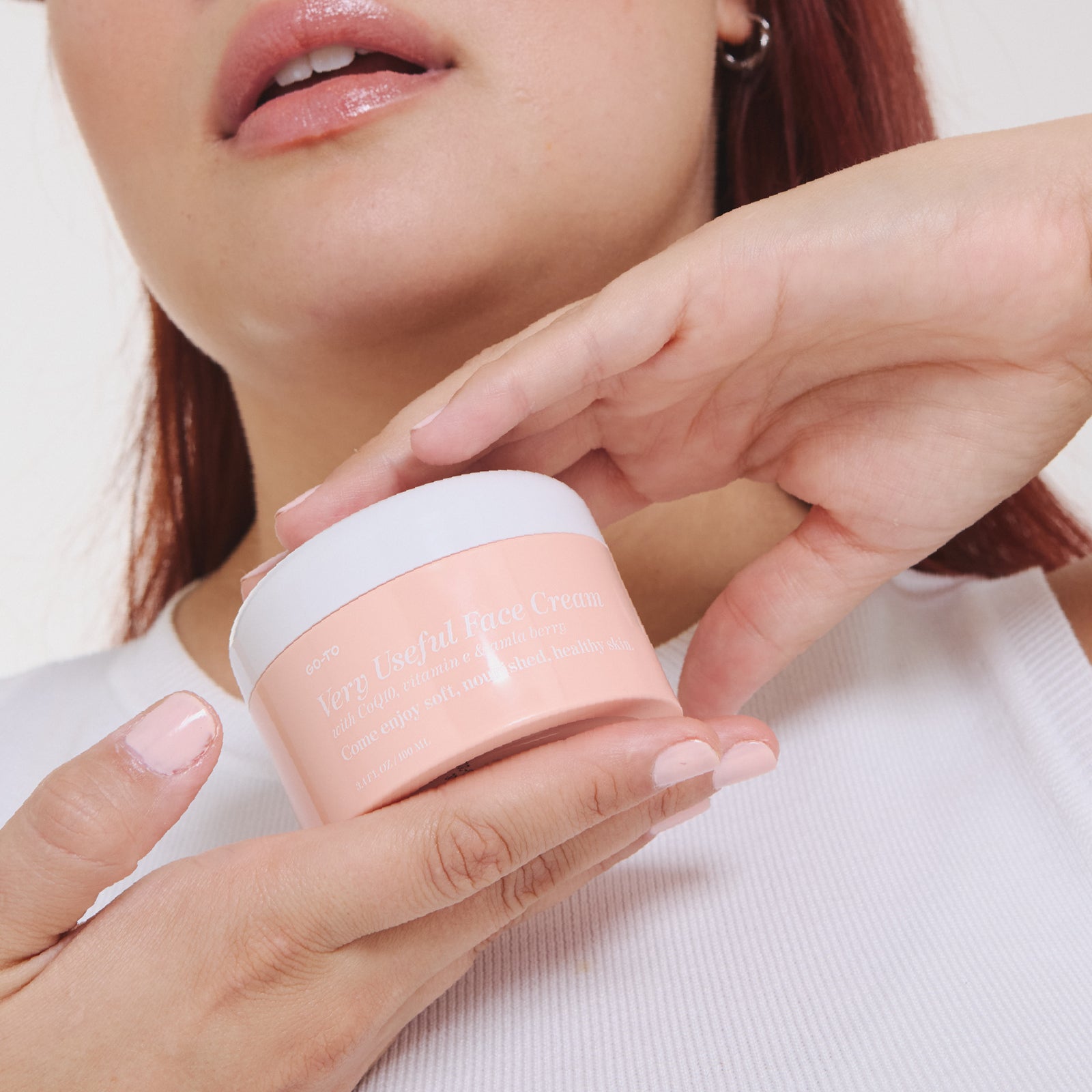

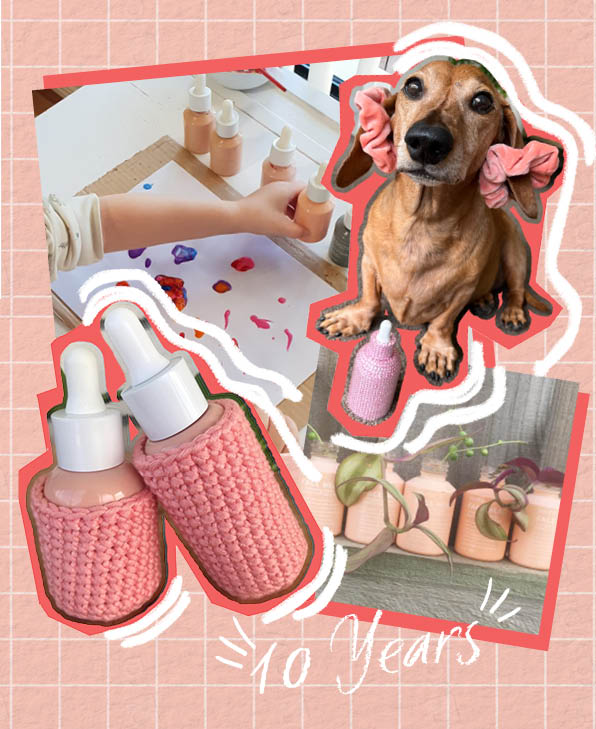

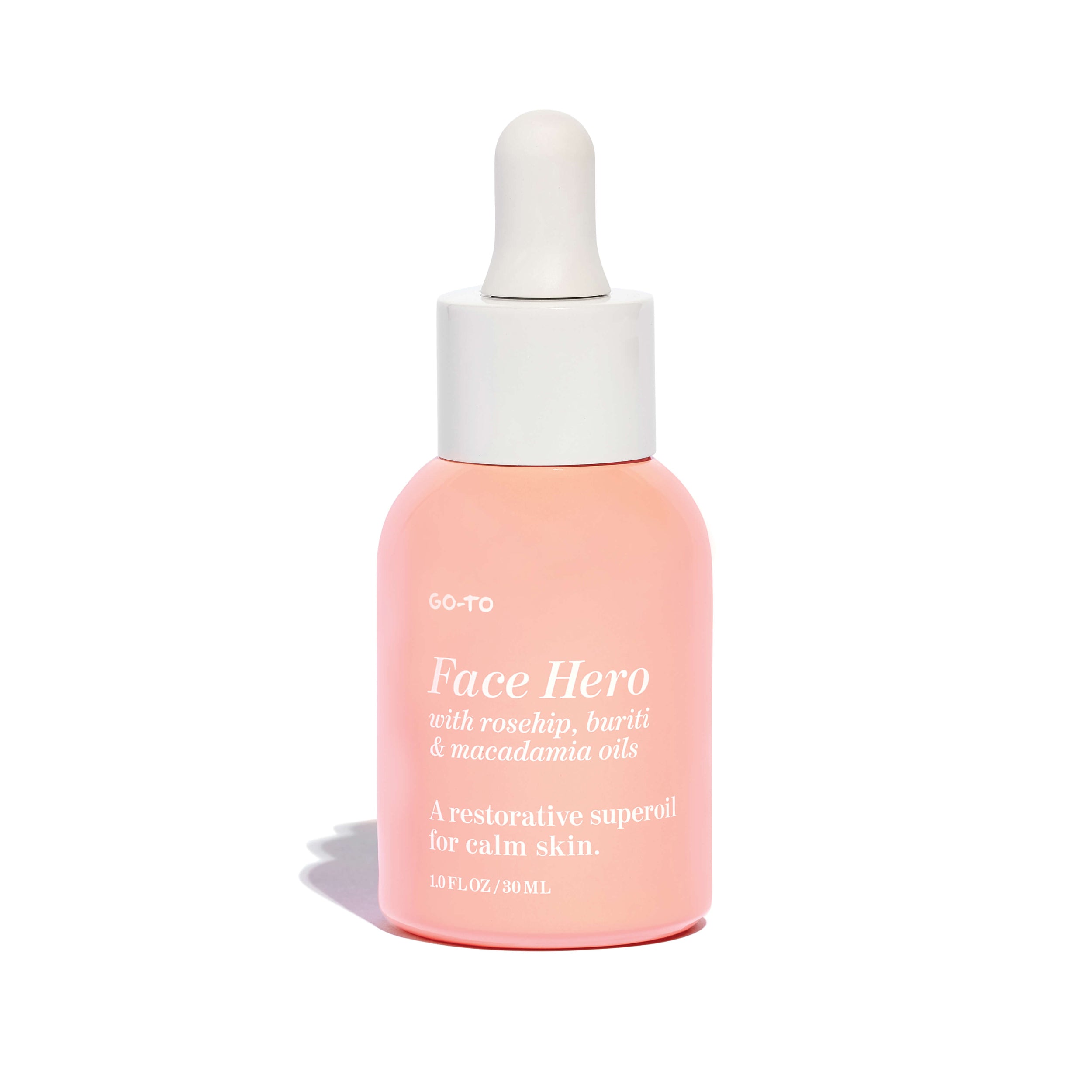
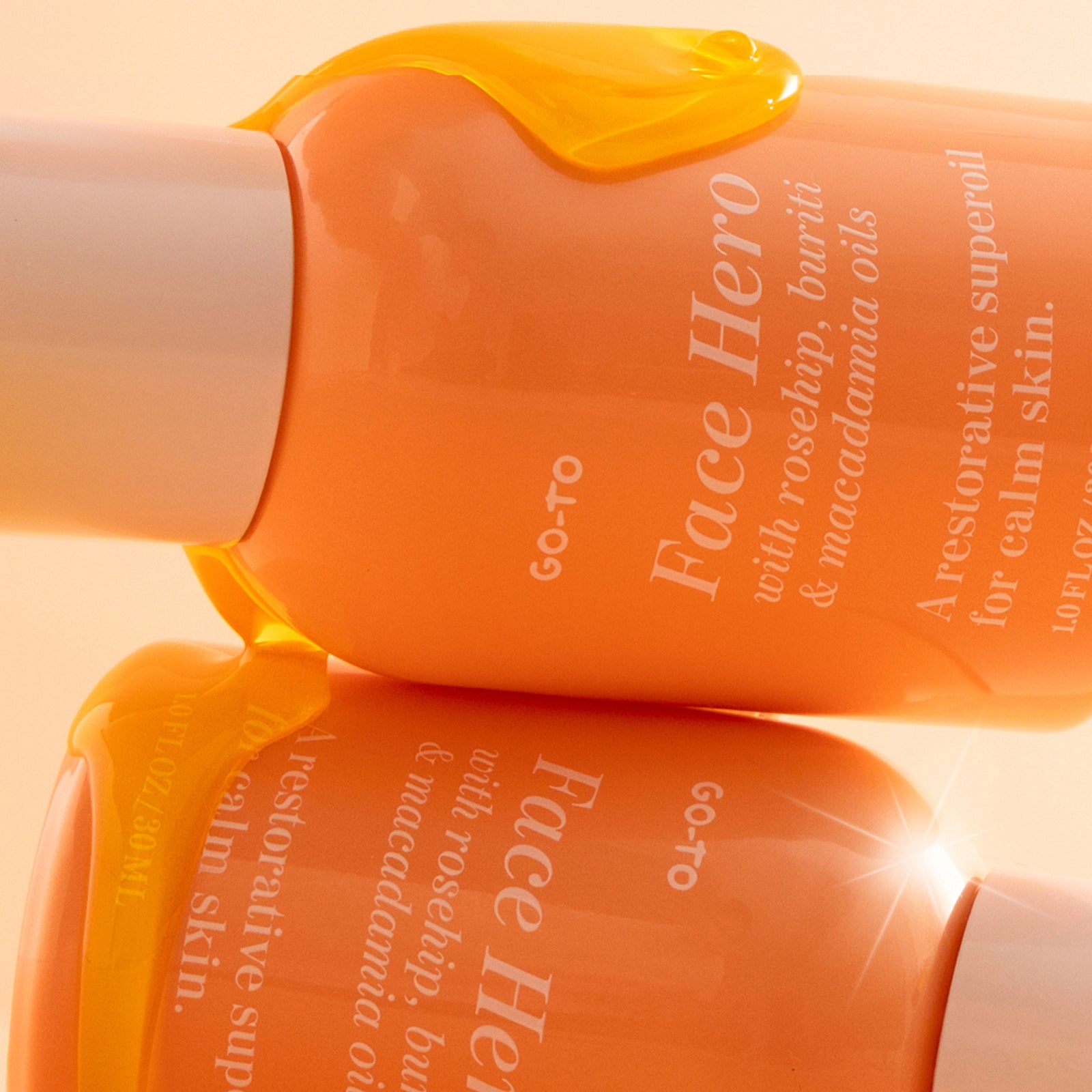
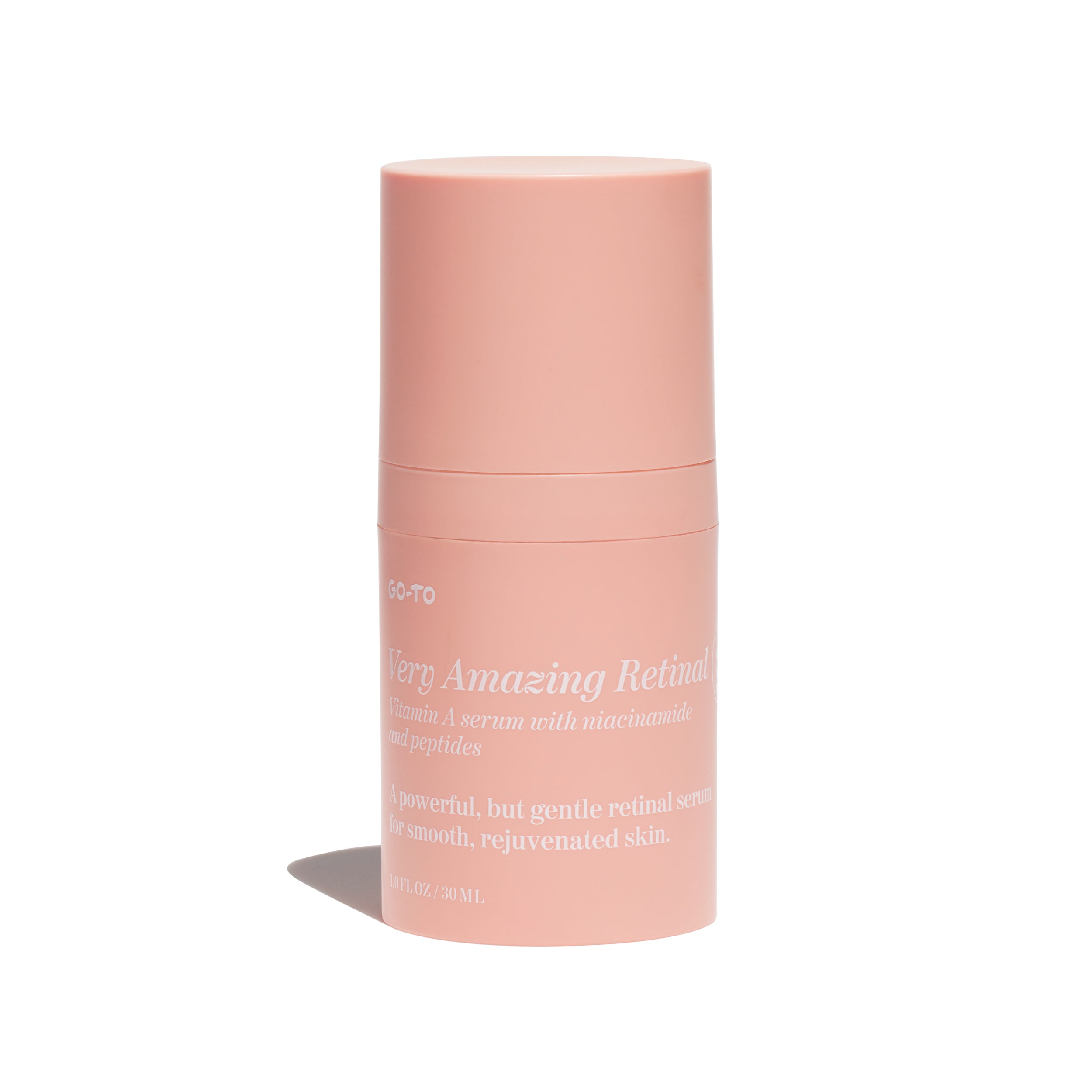
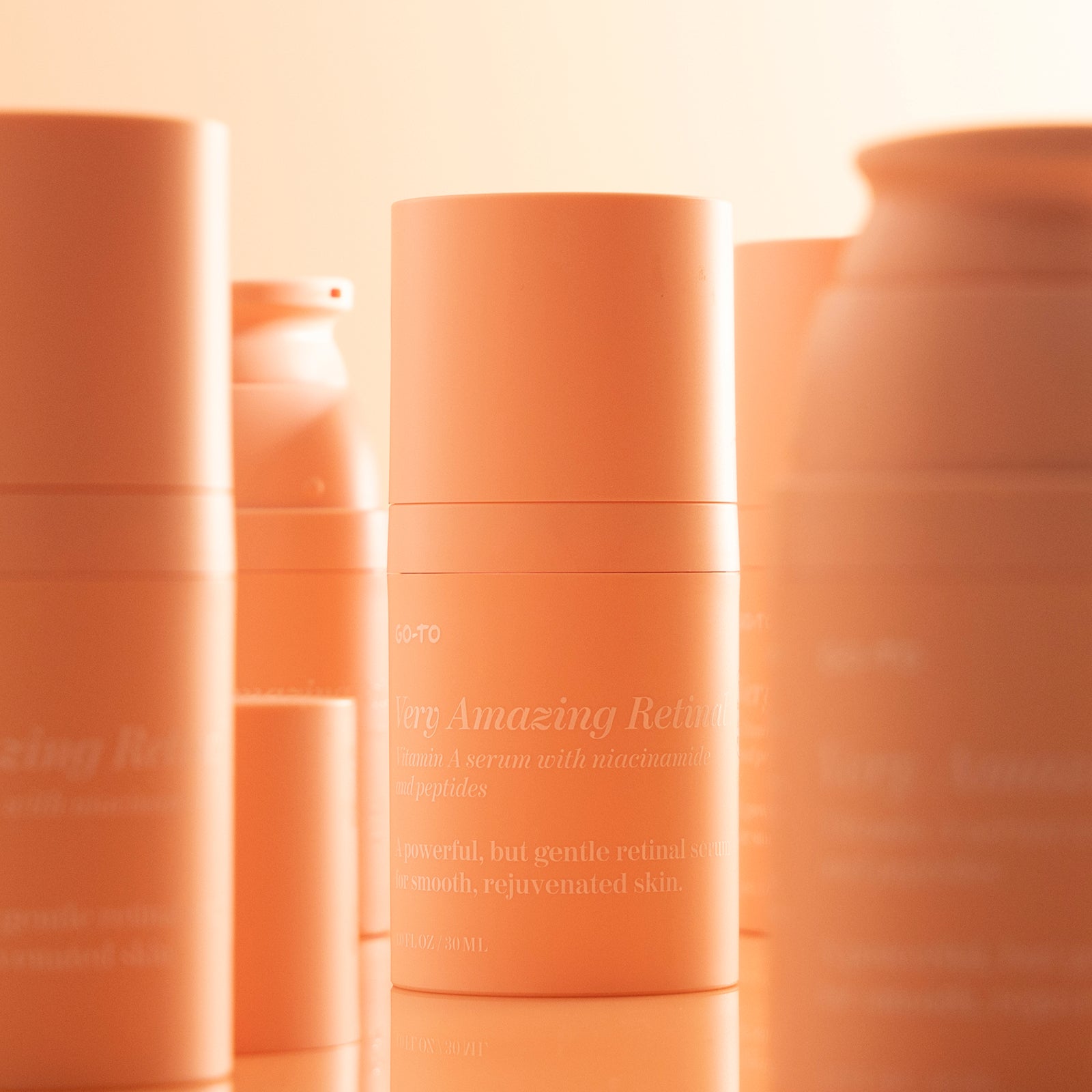
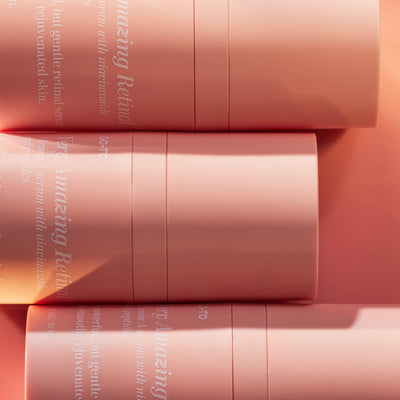
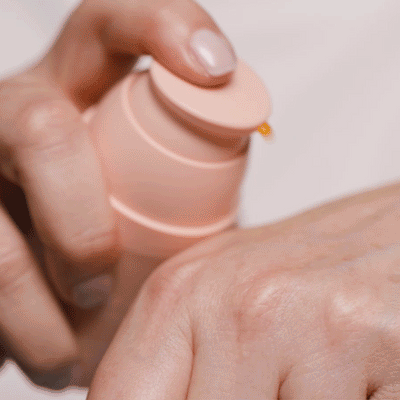
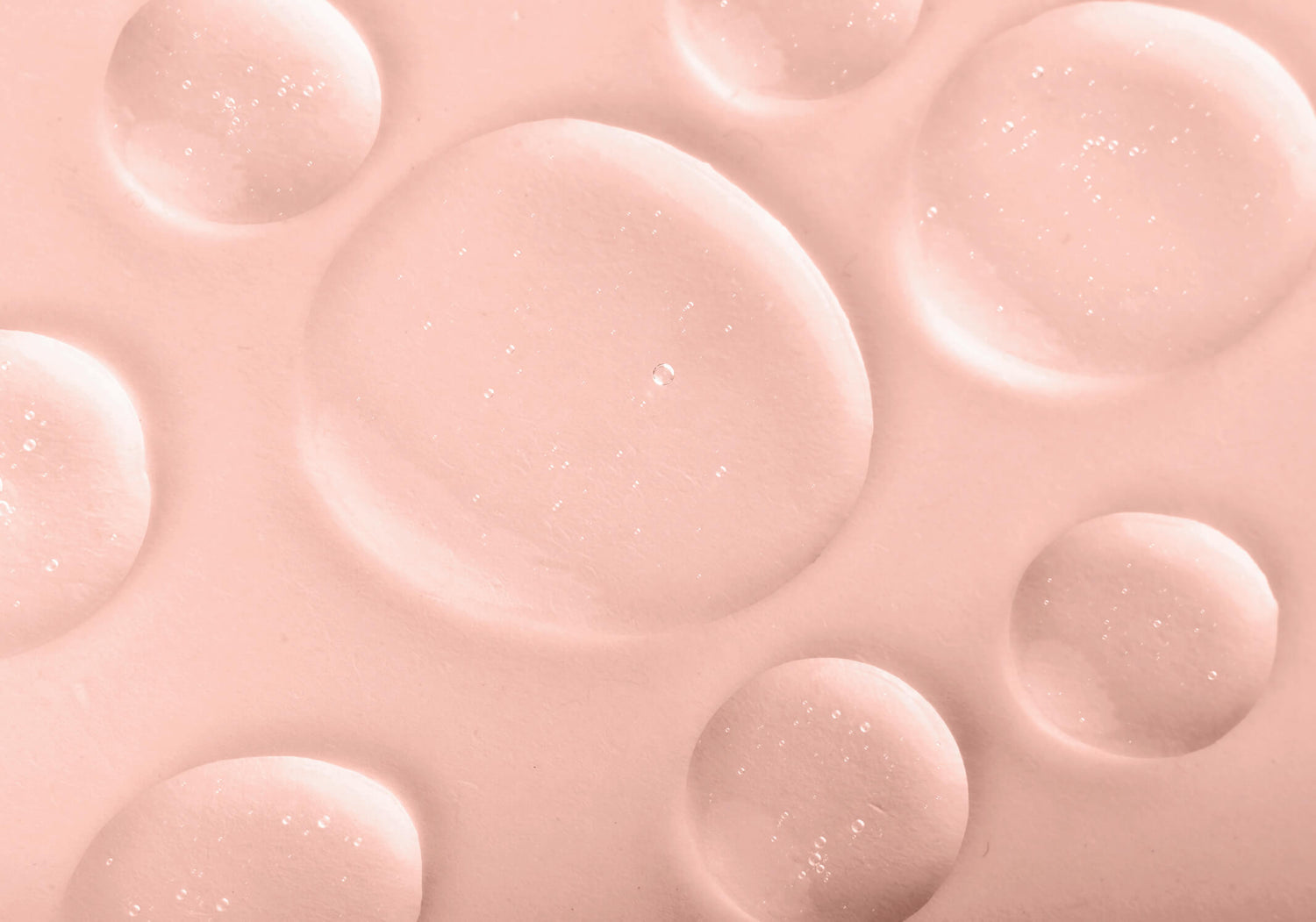

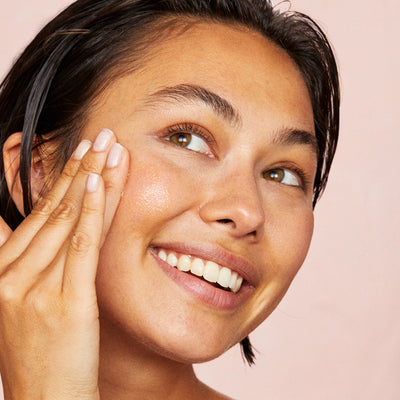

Comments